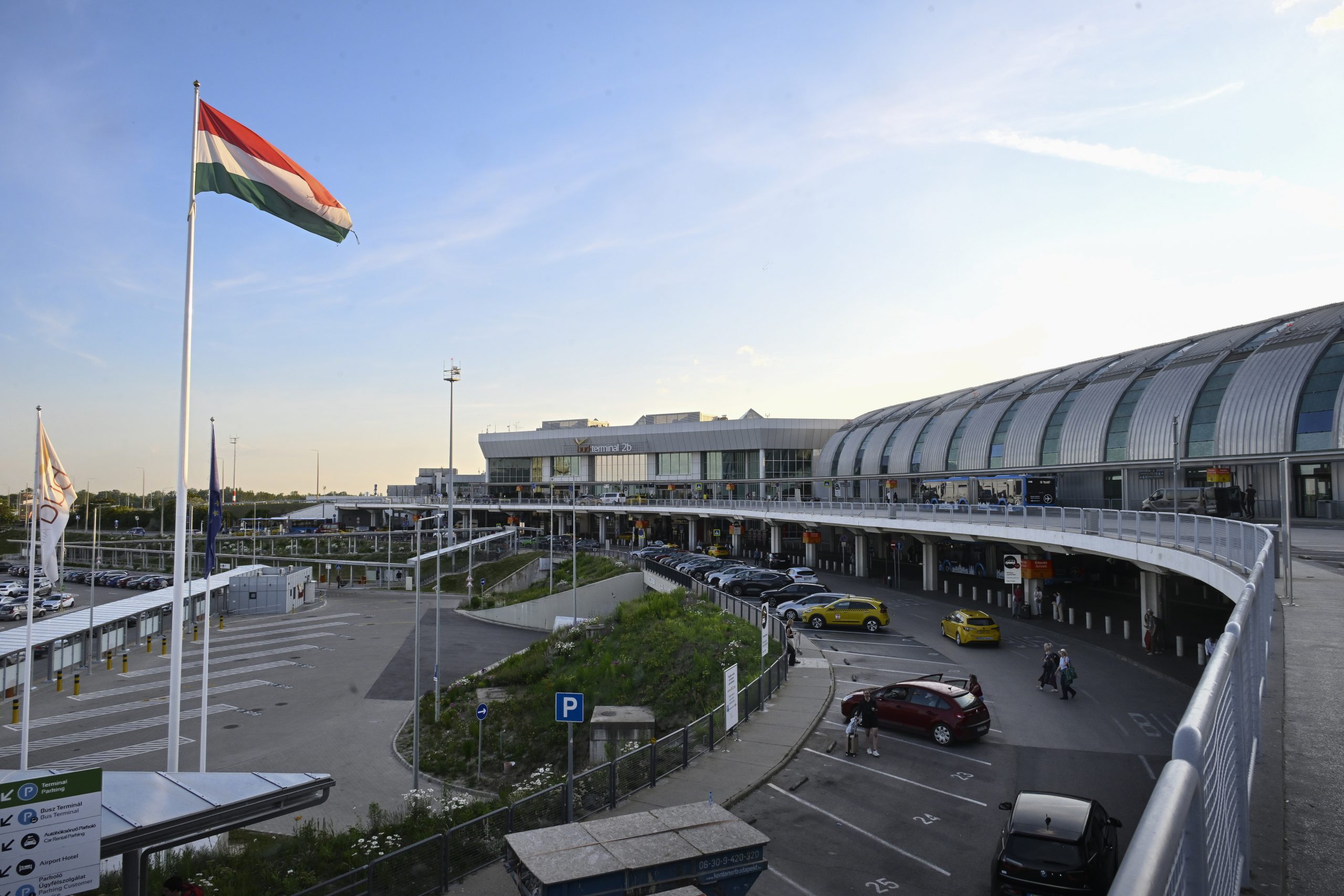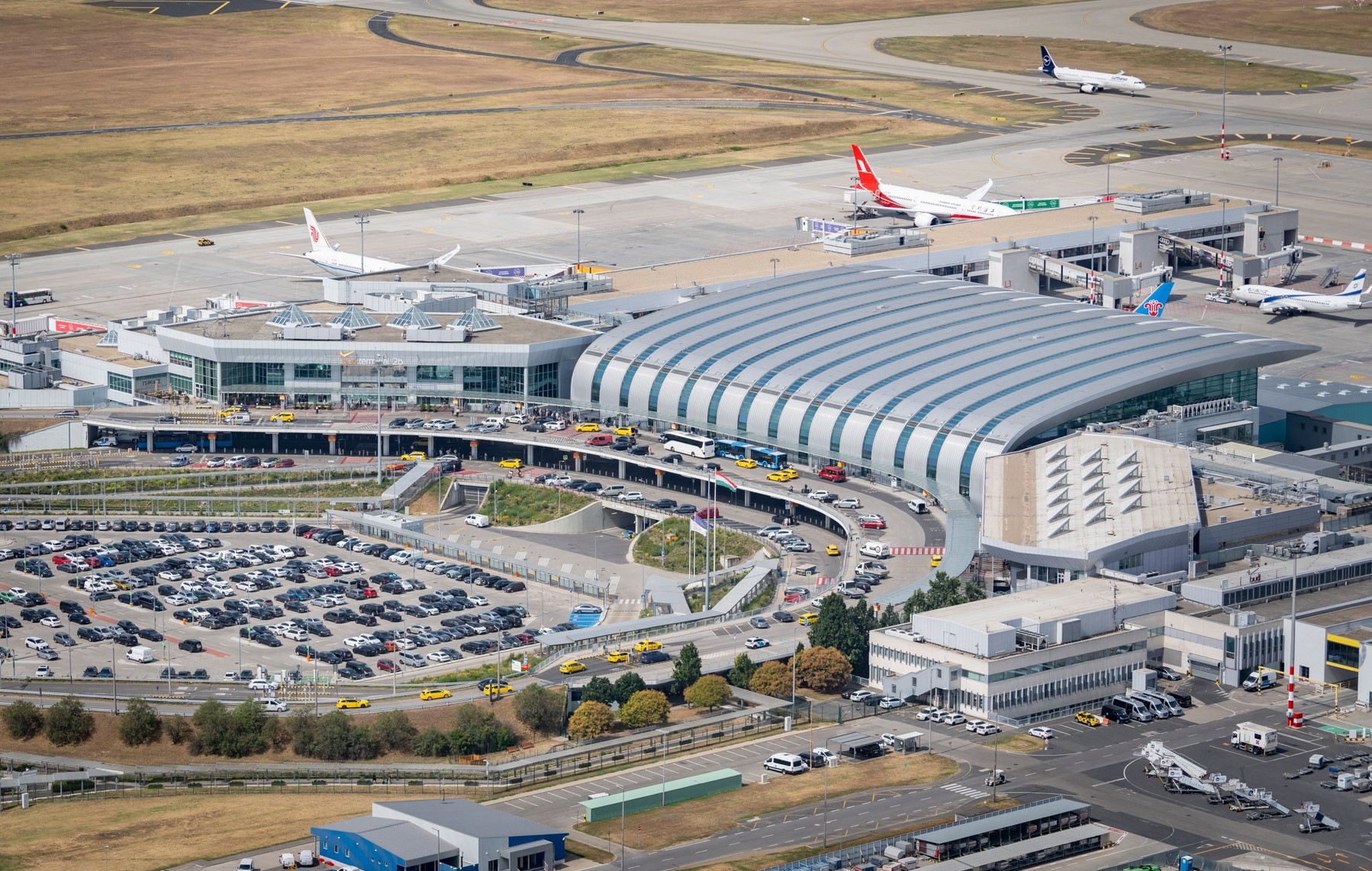
In the first ten months of this year, almost 14.7 million passengers made a stopover at the airport.Continue reading

Budapest Liszt Ferenc International Airport is gearing up for a transformative expansion, as preparations for the construction of Terminal 3 officially begin. This significant investment is poised to generate thousands of jobs, tens of billions of forints in added value, and substantial income for Hungarian families, reports Világgazdaság.
The timing could not be better. In October, the airport achieved the strongest passenger growth among European airports, and the total number of passengers for 2024, is projected to exceed 17 million—a historic milestone.
Monthly records have been consistently broken throughout the year, demonstrating the growing demand for Hungary as a travel destination.
Márton Nagy, Minister for National Economy, emphasized the strategic importance of the expansion, noting that the government’s reacquisition of the airport was a shrewd move. “The airport is nearing its target, and this investment will further strengthen Hungary’s position in the global aviation industry,” he stated.

Budapest Ferenc Liszt International Airport. Photo: Facebook/Budapest Airport
Francois Berisot, CEO of Budapest Airport, highlighted the remarkable growth in passenger traffic. “Based on the results so far, we are already seeing record numbers of passengers handled by the end of this year. This growth is a testament to the increasing popularity of Budapest and Hungary as global tourist destinations,” he said.
The development of Terminal 3 is expected to further enhance Hungary’s connectivity, particularly through new long-haul flights,
which are becoming increasingly feasible due to the efforts of VINCI Airports and Budapest Airport to strengthen airline partnerships and develop new routes.
The Terminal 3 project is guided by ambitious sustainability goals. Budapest Airport aims to achieve net-zero emissions by 2030, 20 years ahead of the International Council of Airports’ deadline. Design and preliminary construction work for the terminal are already underway, with the earthworks for a new apron as the initial step. This apron expansion will enable the simultaneous handling of 12 aircraft, setting the stage for the terminal’s full development.
According to a KPMG study, the Terminal 3 project could have a profound economic impact:
With the capacity to handle 20 million passengers annually by 2030, Terminal 3 represents a monumental step forward for Hungary’s aviation sector. The eight-year project underscores Budapest Airport’s commitment to expanding its infrastructure to meet surging demand while prioritizing sustainability. Furthermore, as construction progresses, Budapest Ferenc Liszt International Airport solidifies its position as a regional hub and a gateway to Hungary’s growing prominence on the global stage.
Via Világgazdaság; Featured image via MTI/Koszticsák Szilárd